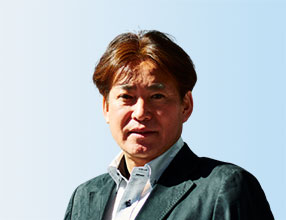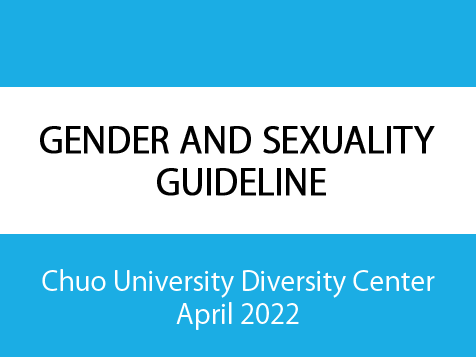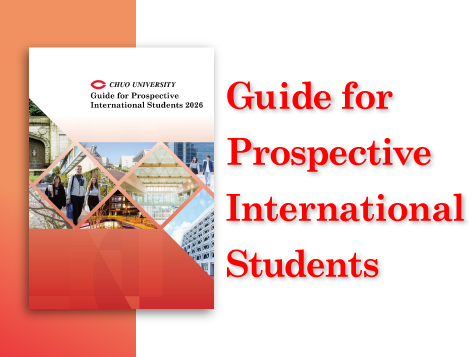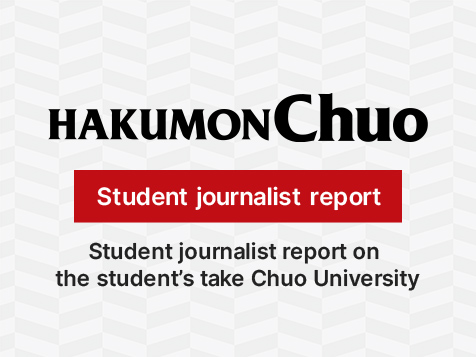Academics
Graduate School of Policy Studies
Aiming for "the fusion of policy and culture, and the fusion of the humanities and sciences," we are nurturing individuals who can understand and solve social problems from an interdisciplinary perspective. In our "cross-border society," where people come and go across the boundaries of academia, nations, culture, religion, industry-academia-government, etc., the Graduate School of Policy Studies cultivates individuals eager to achieve expertise in "policy research," such as legal policy, public policy, and management policy, based on cultural perspectives. The scope of these individuals’ activities is not limited to traditional educational and research institutions, but also extends to the fields of corporate planning and strategy formulation in companies and to policy development in government agencies, reflecting the needs of domestic and international society. In response to such societal demands, the Graduate School of Policy Studies offers an interdisciplinary seminar (Seminar for Policy Studies II) that provides students with opportunities to conduct interdisciplinary research that incorporates not only the theories of existing specialized fields, but also incorporation of a wide range of related fields. This is a team-taught seminar in which faculty members with different areas of expertise come together to facilitate work on specific themes. The aim is to encourage students to conduct research from multiple perspectives, and at the same time, to cultivate a wide range of critical thinking skills by bringing together students from different research fields to focus on a single theme, allowing students to stimulate each other's work.

New challenges in the VUCA world:
The importance of autonomous learning
The Graduate School of Policy Studies was established in 1997 with its Master program, followed by the Doctoral program in 1999. We are relatively new compared to other Chuo graduate schools, but as of March 2021, 448 students had earned the Master’s degree and 90 students had attained the Doctor degree.
Policy Studies is a field that aims to take a comprehensive approach to problems by utilizing methodologies from different disciplines rather than being based only on a single type of academic study, such as Law or Economics. This means being inter-disciplinary rather than adhering to a single discipline. The goal is to contribute to society by finding and defining a problem based on inter-disciplinary perspectives, coming up with an appropriate methodology to solve the problem, and ultimately refining and organizing the methodology into proposals or policies.
In recent years, the term “VUCA world,” characterized by four acronyms, Volatility, Uncertainty, Complexity, and Ambiguity, has been in use, during a time in which unprecedented circumstances are occurring one after another, and situations that have never been expected within conventional frameworks are appearing worldwide. In the VUCA world, the ability to judge for oneself and to decide actions to be taken based on one’s own decision is highly valued.
The current situation of the COVID-19 pandemic is a perfect example. It is precisely in a time like this that students acquiring the attitude of proactively learning and finding solutions to problems through the approach of “Policy Studies” is becoming more important than ever.
The Graduate School of Policy Studies has a wide variety of professors, all of whom are experts in their respective fields. In our School, several professors take charge of each research theme and strive to support each student in achieving their goals. What is important is to keep your awareness high, critically analyze observable social phenomena, and have the courage to step into areas beyond the conventional approaches.
Why don’t you undertake a new challenge in the age of the VUCA world? Come join us in the Graduate School of Policy Studies which aims to nurture “autonomous learners” who can contribute to global society from a perspective that transcends the traditional boundaries of specialized academic fields and diverse national and cultural backgrounds?









